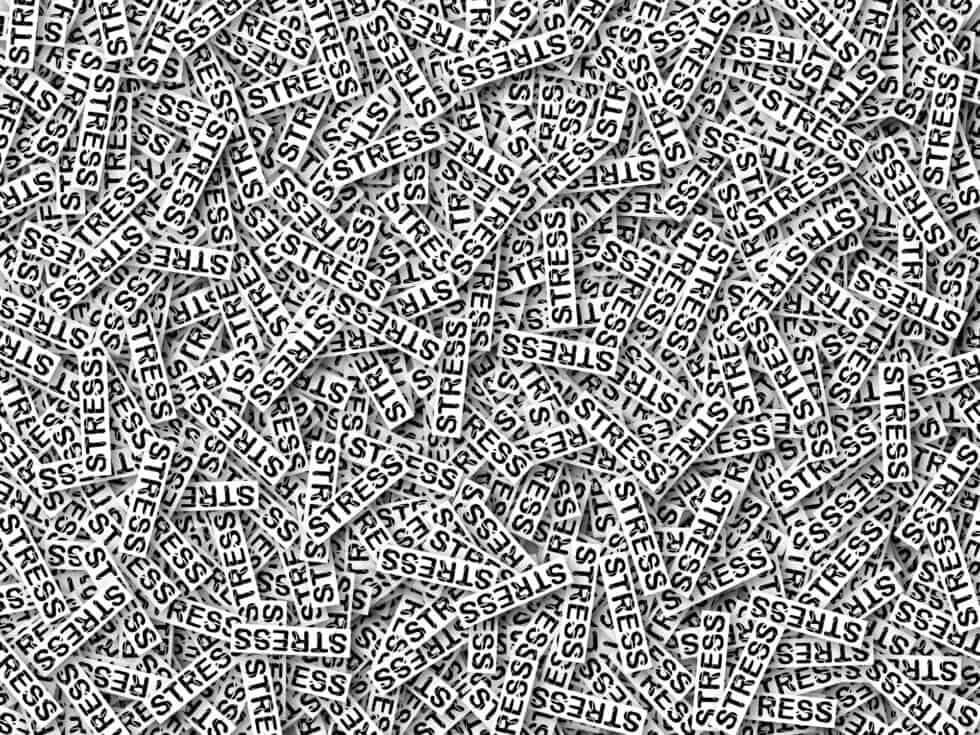
identifying + relieving stressors
If you want to understand the science behind our hormones and our response to stress, be sure to check out Chapter 4 of Dr. Sara Gottfried’s The Hormone Cure.
I love this sort of science—and science can only take us so far!
Instead of geeking out, I’ll repeat what I learned a long time ago from an alternative healer: the question to ask is not, “How are you handling the stress in your life?” but rather “How can we eliminate the stress in your life?” or even better, “Why is there stress in your life to begin with?” ( I hear you laughing already!)
And seriously—we are always talking about how stressed we are: how often do we stop to figure out why and whether we can do something about it?
where is our stress from?
To get the ball rolling, I invite you to get curious and play journalist about the stress in your life for at least a week:
- WHO pushes your buttons? (boss, parent, child…)
- WHAT is going on that triggers you? (demands, whining…)
- WHEN are you most easily triggered? (time of day, time of month…)
- WHERE are you when you are triggered? (car, home, office…)
- WHY do you feel you are stressed / HOW is the stress manifesting itself?
how can we manage it?
Once we know where our stressors lie, we have to accept that some of them are external and, in some cases, unchangeable.
And there are some we can influence, so let’s focus on those!
accessibility
How much do we make ourselves available to our stressors, whether we’re talking about technology, situations, places…?
- Which ones can we remove ourselves from?
- Which ones can we say no to when we usually say yes?
interactions
Do we notice that some people build up our energy while others drain the life out of us? Who are your energy angels, and who are your energy vampires?
- Are there vampires we can avoid?
- Are there angels we can more intentionally include in our daily lives?
time
I’m not a fan of the expression “time management:” it feels a bit reactive, a bit controlling, a bit masculine. I prefer to structure my time rather than manage it: that feels a bit more proactive to me.
Perhaps more importantly, structuring our time leaves room for flow and creativity rather than focusing on drive and productivity?
There are plenty of tools out there for managing our time, and many of them can be altered to structure it instead. I particularly appreciate:
- Natalie Eckdal’s idea of having a “weekly one and daily three” when setting goals: when we prioritize and set one larger goal to reach this week and three smaller things to check off for the day, anything else we achieve is extra credit, and a lot less beating ourselves up over what we didn’t get to.
- Marie Forleo’s tip to “create before we consume:” let your first activity of the day be creative rather than checking email or texts, which often throws us into reacting to others’ needs rather than responding to our own.
can it be fixed?
The most important question to ask about what we find stressful—whether it’s a person or situation—is, Can it be fixed?
- If yes, find a way that works.
- If no, find a mindset that works.
And this will be an ongoing conversation in our group, for sure….
make the connection
Leave a comment and let us know, what did you discover about your stressors, and what would you like to do about them? How can we support you in this?



